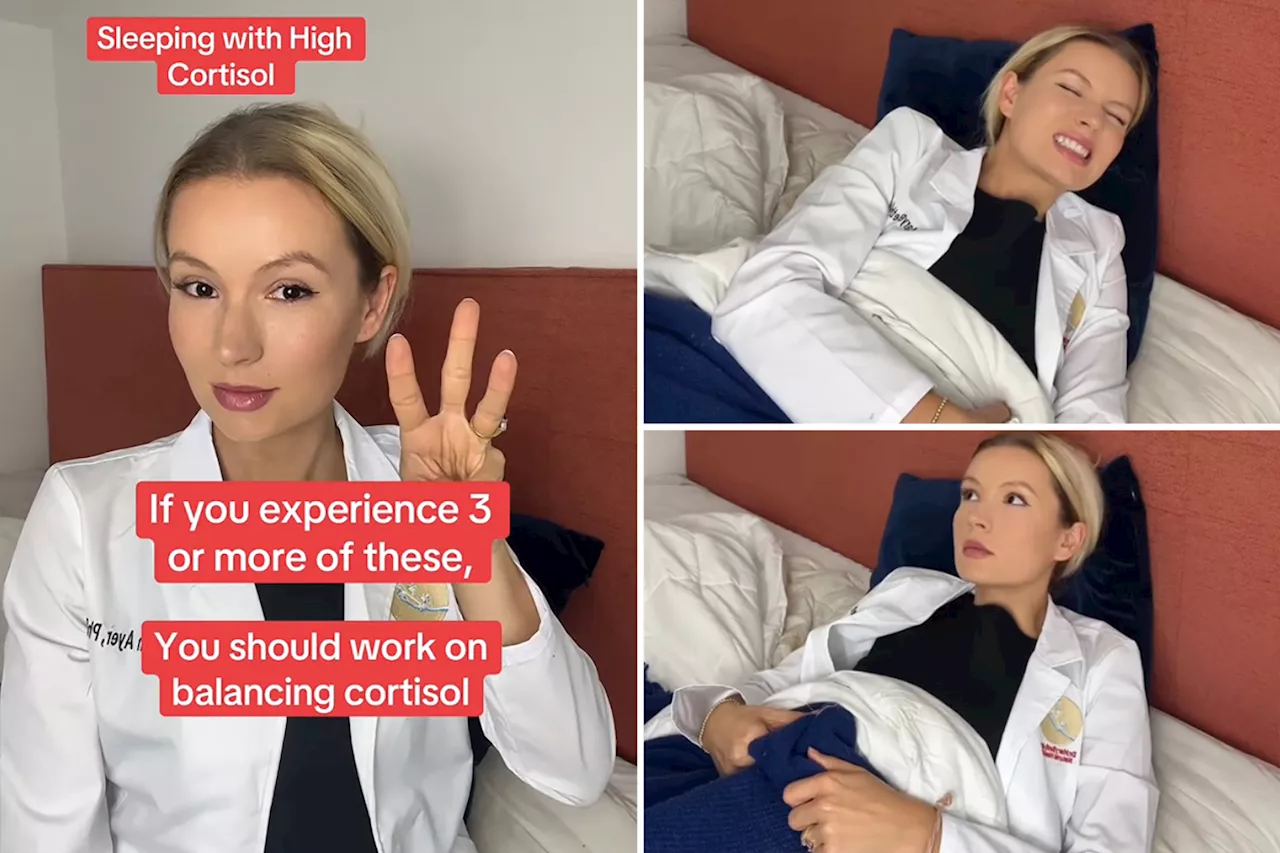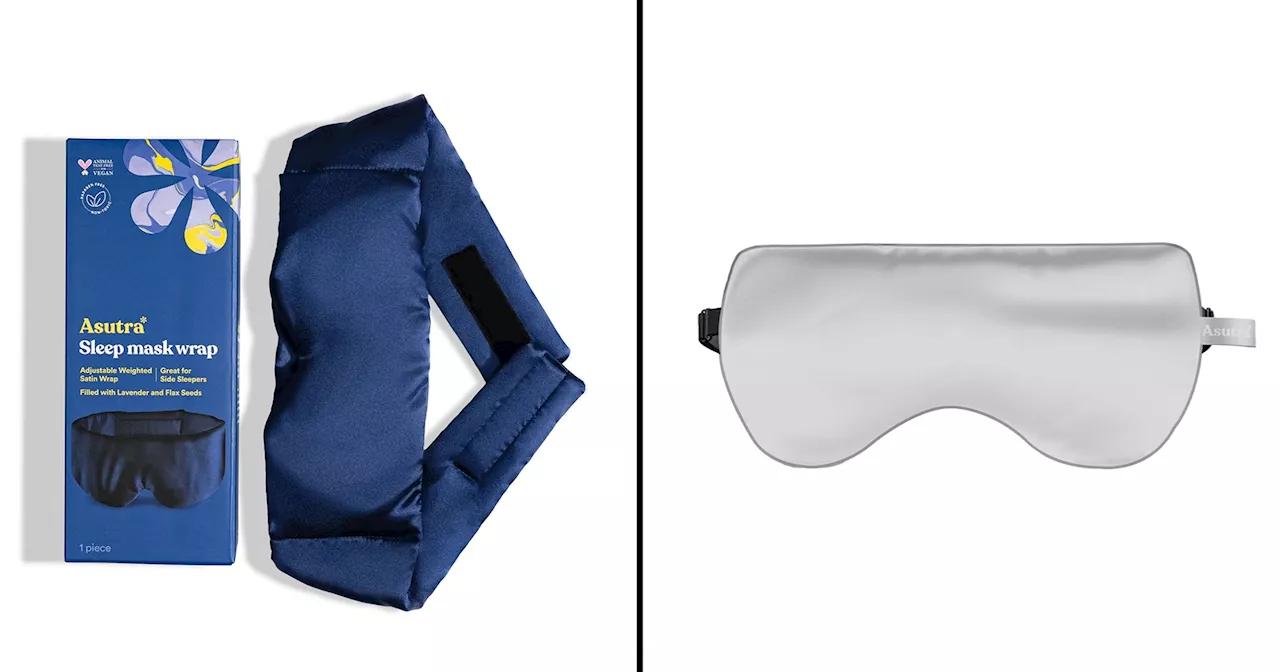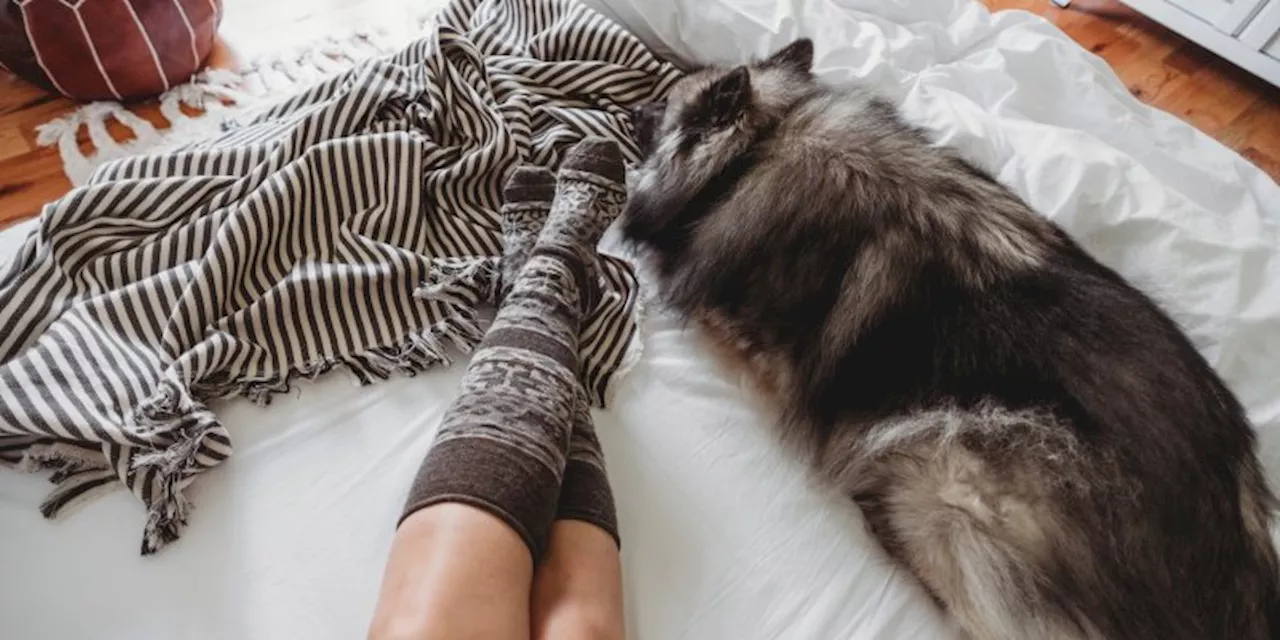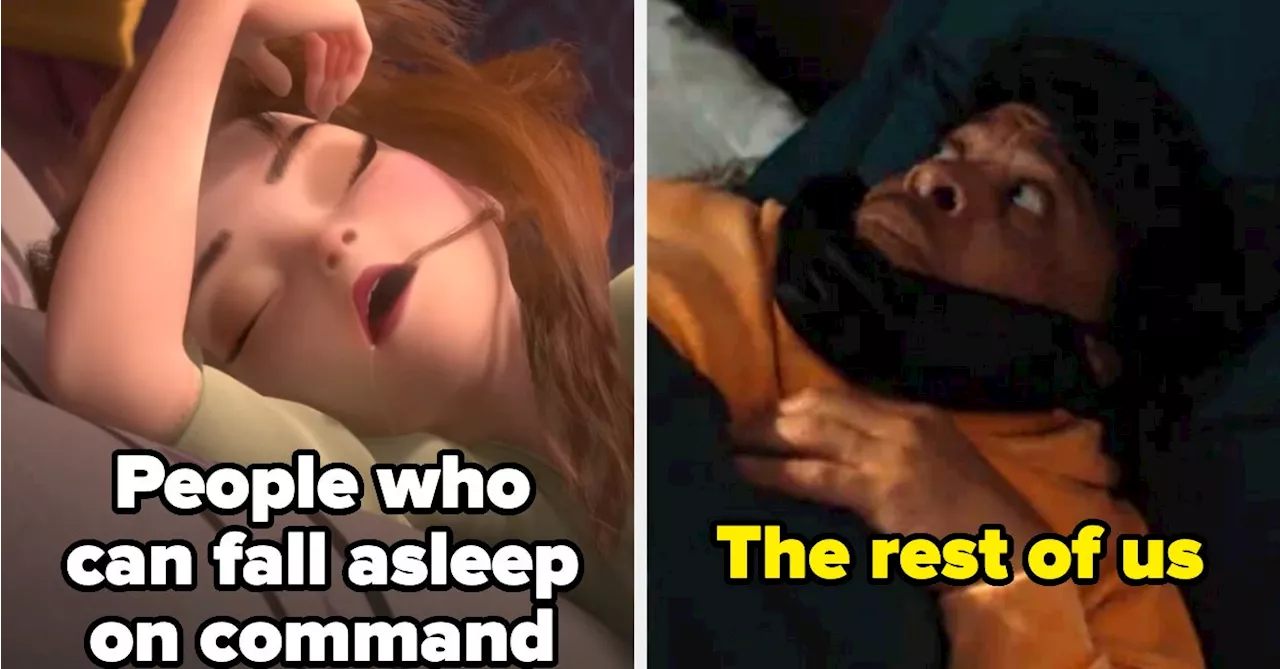New research shows that sleep deprivation impairs the brain's ability to suppress unwanted memories, increasing the likelihood of intrusive thoughts.
Research has shown that how you react to an unwelcome memory depends on how much sleep you get. If you're well rested, your brain will be able to quickly suppress the negative memory. But if you are someone who is plagued by insomnia, then intrusive thoughts about what happened—and the unpleasant emotions attached—will probably continue to bother you for some time.
This could be an important piece of the puzzle in understanding why people who are chronically sleep-deprived become at high risk of developing mental health problems. Previous research has demonstrated that the retrieval of memories of past events involves the hippocampus and that of a different part of the brain, the right dorsolateral prefrontal cortex (rDLPFC), is responsible for suppressing that retrieval process. To test this, the researchers recruited 85 students. First, the team trained them to associate images of neutral faces with specific scenes, some of which were negative. Next, the researchers divided the participants into two groups. One group was made to stay up all night while the other was allowed to sleep in beds in the lab. Participants in the latter group were monitored for how much time they spent in rapid-eye-movement (REM) and non-REM sleep. In the morning all of the participants were shown images of the faces they had been previously trained with, but this time, the participants had to either think about the memory they had been trained to associate with the face or to suppress it. Throughout this task, their brain activity was measured using a functional magnetic resonance imaging (fMRI) scanner. The results confirmed that sleep deprivation does not cause a general decline in brain activity, but rather seems to specifically affect certain parts of the brain that are involved in executive function. Out of the participants who had slept the night before, the researchers also found a significant positive correlation between the amount of time they spent in REM sleep and rDLPFC activity, specifically when they were engaging in the memory suppression task. This finding suggests a key role that REM sleep seems to play in maintaining adequate memory control.
Sleep Deprivation Memory Intrusive Thoughts Brain Activity REM Sleep
United States Latest News, United States Headlines
Similar News:You can also read news stories similar to this one that we have collected from other news sources.
 Study reveals that sleep prevents unwanted memories from intrudingThe link between poor sleep and mental health problems could be related to deficits in brain regions that keep unwanted thoughts out of mind.
Study reveals that sleep prevents unwanted memories from intrudingThe link between poor sleep and mental health problems could be related to deficits in brain regions that keep unwanted thoughts out of mind.
Read more »
 The 10 sleep habits you should never ignore — if you do 3 or more of these, see a doctorIt’s time to stop losing sleep over poor sleep.
The 10 sleep habits you should never ignore — if you do 3 or more of these, see a doctorIt’s time to stop losing sleep over poor sleep.
Read more »
 The Best Sleep Asutra Sleep Products to Improve Your Beauty RoutineFrom cooling sleeping masks to weighted neck wraps, Asutra has every product available to improve your quality of sleep
The Best Sleep Asutra Sleep Products to Improve Your Beauty RoutineFrom cooling sleeping masks to weighted neck wraps, Asutra has every product available to improve your quality of sleep
Read more »
 The LivewireA New Perspective on Sleep and Sleep Training
The LivewireA New Perspective on Sleep and Sleep Training
Read more »
 Wear Socks to Bed for Better Sleep, Says The Sleep DoctorThis article discusses a unique sleep solution suggested by sleep expert Dr. Michael J. Breus. He recommends wearing socks to bed to regulate body temperature and improve sleep quality, especially for those who tend to get cold at night.
Wear Socks to Bed for Better Sleep, Says The Sleep DoctorThis article discusses a unique sleep solution suggested by sleep expert Dr. Michael J. Breus. He recommends wearing socks to bed to regulate body temperature and improve sleep quality, especially for those who tend to get cold at night.
Read more »
 Millennials Share Sleep Hacks: 'Rawdogging' Sleep and Falling Asleep InstantlyA viral Reddit thread has sparked discussions about sleep habits, with millennials sharing their experiences with 'rawdogging' sleep - falling asleep instantly without any aids. Some users boast about their ability to fall asleep at will, while others confess to relying on various sleep aids like podcasts, fans, or white noise machines.
Millennials Share Sleep Hacks: 'Rawdogging' Sleep and Falling Asleep InstantlyA viral Reddit thread has sparked discussions about sleep habits, with millennials sharing their experiences with 'rawdogging' sleep - falling asleep instantly without any aids. Some users boast about their ability to fall asleep at will, while others confess to relying on various sleep aids like podcasts, fans, or white noise machines.
Read more »
